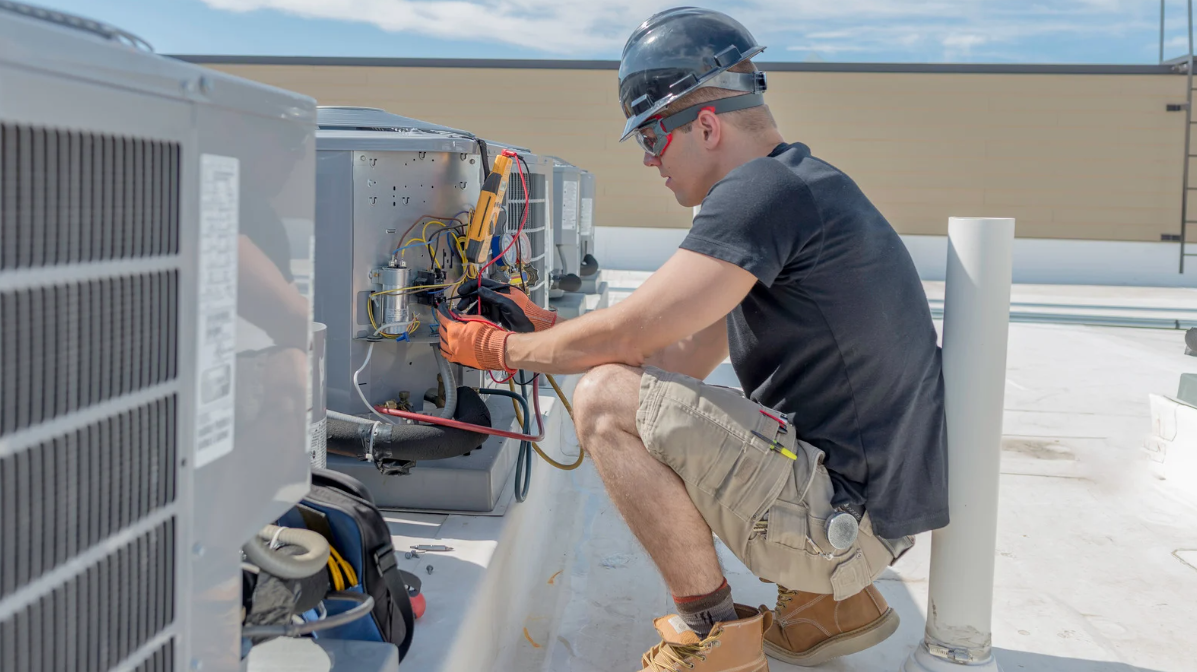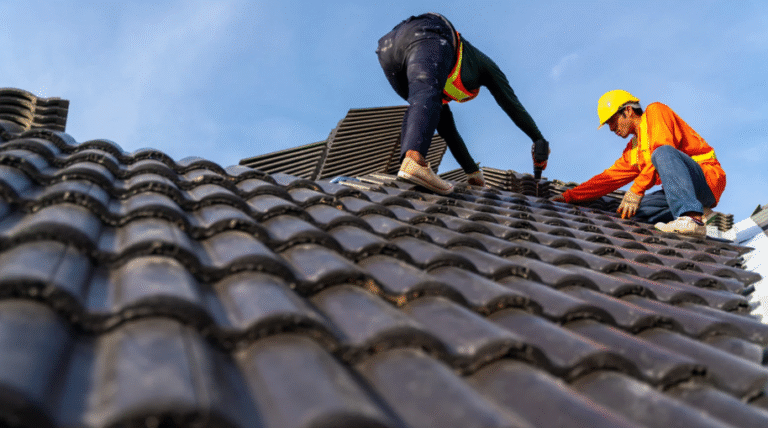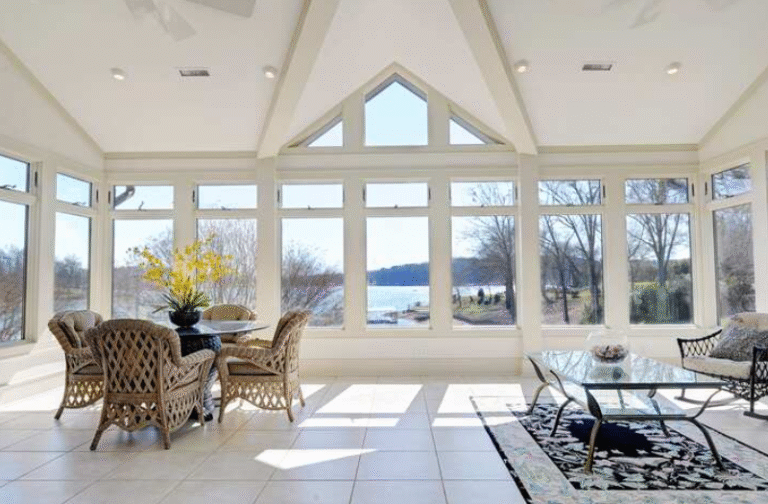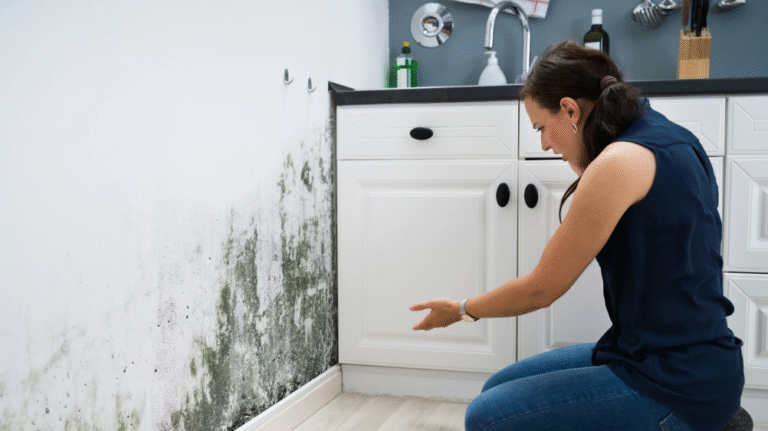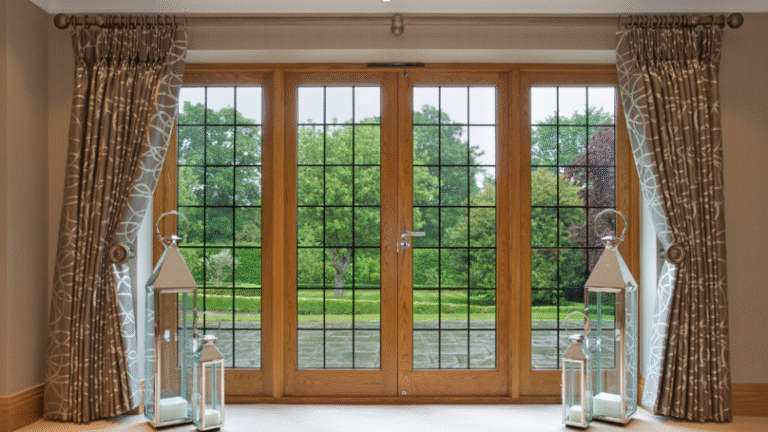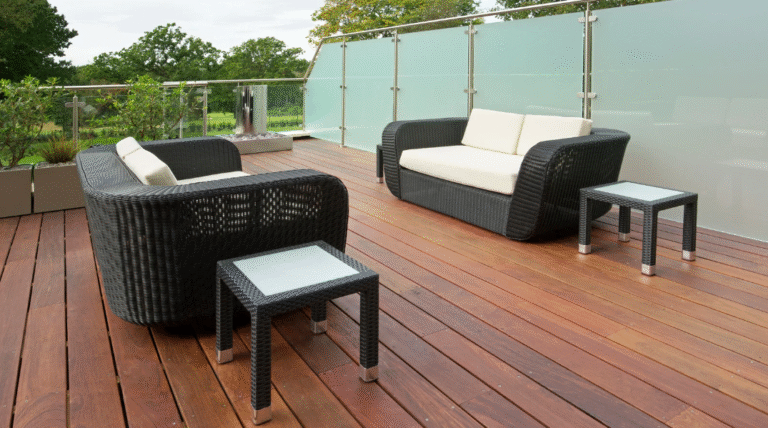How to Improve Indoor Air Quality with Regular HVAC Maintenance
Indoor air quality significantly impacts health, comfort, and overall well-being for everyone who spends time in your home or office. Many people overlook the direct connection between HVAC system maintenance and the air they breathe daily, unaware that neglected systems can circulate dust, allergens, and contaminants throughout their living spaces. Poor indoor air quality contributes to respiratory problems, allergies, and other health issues that affect productivity and quality of life. Professional services of HVAC in Ooltewah emphasize how regular maintenance creates cleaner, healthier indoor environments while improving system efficiency and longevity. This systematic approach to HVAC care transforms your home’s air quality from a potential health concern into a source of comfort and wellness. Understanding the relationship between proper maintenance and air quality helps property owners make informed decisions about protecting their indoor environments.
The Direct Connection Between HVAC Systems and Air Quality
HVAC systems continuously circulate air throughout buildings, acting as the lungs of your indoor environment. When these systems operate with dirty filters, contaminated ducts, or poorly maintained components, they spread pollutants instead of providing clean, fresh air.
Clean HVAC systems filter out dust, pollen, pet dander, and other airborne particles that would otherwise accumulate in living spaces. Regular maintenance ensures filtration systems work effectively while preventing the buildup of contaminants within the system itself.
The circulation process means that any contamination within HVAC components gets distributed throughout every room, making system cleanliness essential for maintaining healthy indoor air quality across the entire property.
See also: Common Mistakes Healthcare Providers Make with Call Centers and How HIPAA Compliance Prevents Them
Filter Replacement and Upgrade Strategies
Air filters represent the first line of defense against airborne contaminants, but they require regular attention to maintain effectiveness. Professional maintenance includes proper filter selection, installation, and replacement schedules that optimize air cleaning capabilities.
Higher efficiency filters capture smaller particles and allergens that standard filters miss, significantly improving air quality for households with allergies or respiratory sensitivities. Professional technicians can recommend appropriate filter grades based on specific indoor air quality needs.
Avoiding common maintenance errors prevents system damage while ensuring optimal air filtration. Understanding the top HVAC repair mistakes helps property owners recognize the importance of professional maintenance that protects both equipment and air quality.
Ductwork Cleaning and Inspection
Air ducts accumulate dust, debris, and sometimes mold that contaminates the air supply throughout your property. Professional ductwork cleaning removes these accumulated contaminants while identifying areas that need repair or sealing to prevent ongoing contamination.
Leaky ducts allow unconditioned air from attics, basements, or crawl spaces to enter the system, introducing outdoor pollutants and humidity that compromise indoor air quality. Proper sealing prevents these infiltration problems while improving system efficiency.
Regular duct inspection identifies pest intrusion, water damage, or deterioration that could introduce contaminants into the air stream. Professional assessment ensures ductwork maintains its role in delivering clean air rather than contributing to indoor pollution.
Coil Maintenance and Humidity Control
Evaporator and condenser coils require regular cleaning to prevent the accumulation of dirt and biological growth that can contaminate air passing through the system. Dirty coils become breeding grounds for bacteria and mold that get distributed throughout indoor spaces.
Proper humidity control prevents excessive moisture that promotes mold growth and dust mite populations, both of which significantly impact indoor air quality. Well-maintained HVAC systems regulate humidity levels that support healthy indoor environments.
Condensate drain maintenance prevents standing water that creates ideal conditions for microbial growth. Professional maintenance ensures drainage systems function properly to eliminate moisture problems that compromise air quality.
Professional System Optimization
Regular professional maintenance optimizes airflow patterns and pressure balance that ensure effective air distribution and filtration throughout the property. Proper system balance prevents stagnant areas where pollutants can accumulate.
Comprehensive system evaluation identifies components that may be contributing to air quality problems, from faulty dampers to inadequate ventilation that allows contaminants to build up in indoor spaces.
Exploring ways to extend the lifespan of your HVAC system reveals how proper maintenance practices improve both equipment longevity and air quality through systematic care that addresses all aspects of system performance.
Conclusion
Regular HVAC maintenance represents the most effective strategy for maintaining excellent indoor air quality while protecting the health and comfort of building occupants. Professional maintenance addresses all system components that influence air cleanliness, from filters and ducts to coils and ventilation systems. The investment in comprehensive HVAC care pays dividends through improved health outcomes, enhanced comfort, and better system performance that creates truly healthy indoor environments for families and businesses alike.
